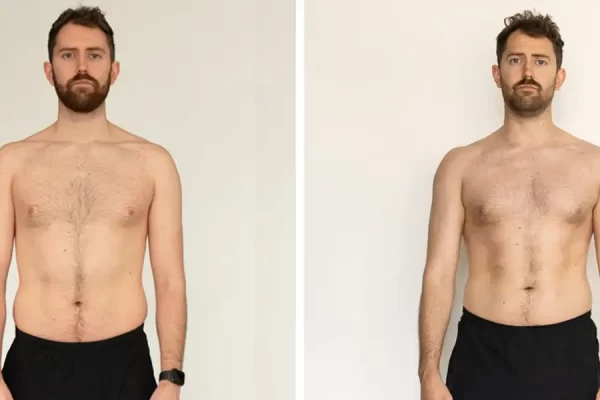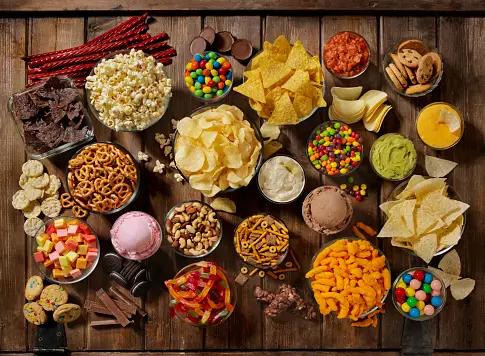Personalized nutrition programs offer customized recommendations for weight loss that focus on various factors, including genetics, medical history, and metabolism. These factors are all critical in helping you to achieve your goals and stay motivated on your journey toward a healthier lifestyle.
However, these services may only be suitable for some. If you’re looking for personalized guidance but don’t have the time or money to meet with a dietitian, a few other options might work for you.
Table of Contents
Getting Started
Personalized nutrition is a practical approach to weight loss, as it focuses on your unique needs and goals. It involves analyzing your health and identifying nutrient gaps. This allows you to fill in those gaps with foods or supplements that provide the proper nutrients for your body.
Creating a personalized nutrition plan also addresses environmental factors contributing to your current health status or sabotaging your weight loss efforts. These factors often need to be recognized, yet they can quickly be resolved with proper planning.
Many people are accustomed to following one-size-fits-all diets that do not cater to their lifestyles or dietary preferences. While these diets may work for some, they can be challenging and often fail.
A personalized nutrition plan helps you achieve long-term weight loss success. It enables you to create healthy habits that will last for the rest of your life. It will also help you stay motivated and focused on your weight loss goals.
Monitoring Your Progress
Personalized nutrition programs such as Radiate Nutrition give you the dietary guidance you need to reach your health goals. You’ll receive a customized nutrition plan incorporating your health history, weight loss goals, diet preferences, and genetics to help you make lasting positive changes.
Unlike broad, one-size-fits-all nutrition guidelines, personalized nutrition focuses on your unique body, DNA, microbiome, and metabolism to determine your ideal diet and lifestyle. It may include avoiding sugary drinks, reducing sodium, and eating more fruits and vegetables.
Research shows that people who regularly monitor their progress toward personal health goals are more likely to succeed. Prompting individuals to track their progress strongly correlates with how much they lose and the speed of their weight loss.
Whether using a digital app or a one-on-one coach, monitoring your progress is vital to the program. It helps you recognize your success and encourages you to continue until you reach your goals.
Building Positive Habits
Personalized nutrition is designed to fit the needs and preferences of each individual. It is also an effective way to support the development of positive habits.
Good habits are a significant component of weight loss and healthy living. They reduce food cravings, enhance self-control, and decrease the time spent eating fatty foods or sugary snacks.
Building habits takes willpower, determination, and interest, but achieving your goals with some help is possible. People with more self-control are likelier to develop good habits than those with less.
Habits are automatic behaviors that repeatedly occur over time in particular contexts. For example, smokers are triggered to smoke after specific cues (e.g., after a meal, with a cocktail, or after their first cup of coffee).
Staying Motivated
Personalized nutrition programs for weight loss guide eating, moving, and feeling better. The program also helps you set specific, measurable goals to make weight loss easier.
The best way to stay motivated is to set small, attainable goals that feel manageable. These goals may be simple changes in the foods you eat or small amounts of exercise you can do daily.
If you aren’t sure how to make these changes, your nutritionist is here to help. Regular meetings will help you gain new insights and perspectives to refocus on your goal.
Motivation comes from within, and you can build it as you progress on your weight loss journey. Research suggests that feelings of competence, relatedness, and autonomy fuel intrinsic motivation. These three feelings are based on personal beliefs and values and create a sense of identity beyond the immediate weight loss goal.





